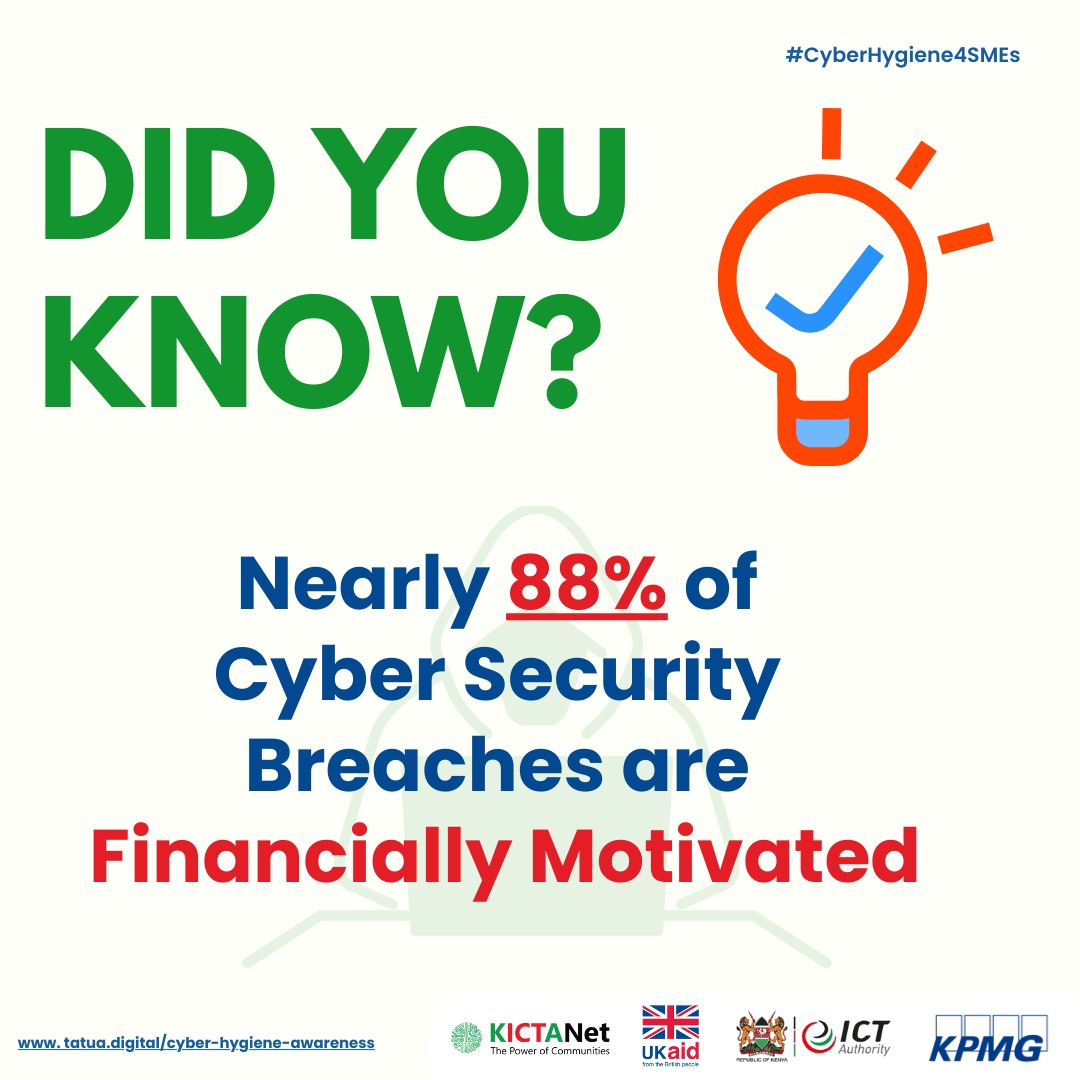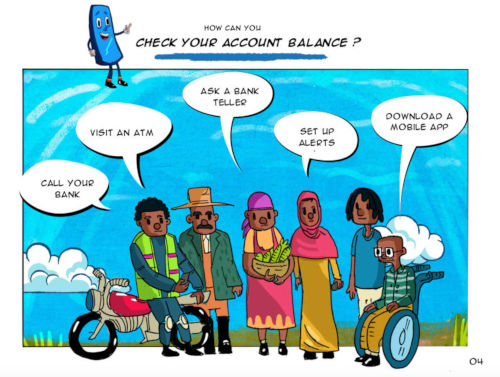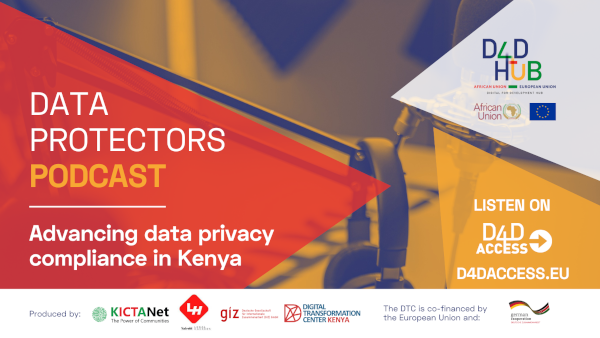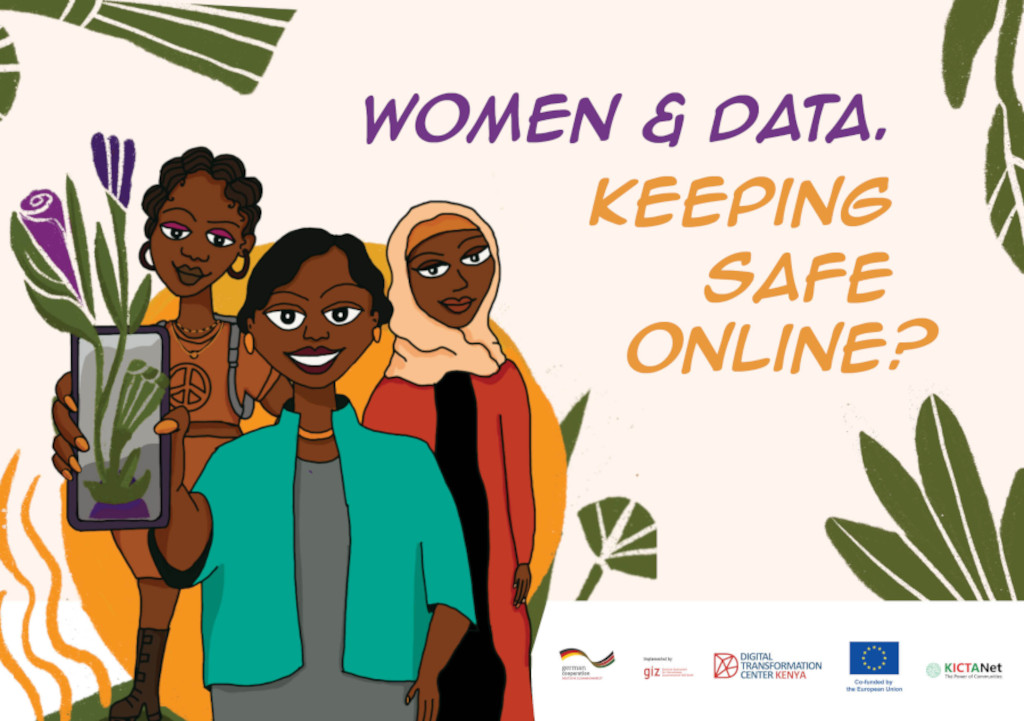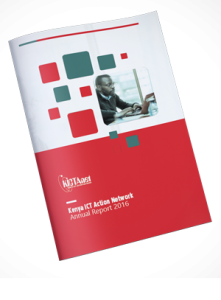KICTANET POST : Latest news, events & opportunities
Unseen eyes, unheard stories: experiences of COVID-19 surveillance in Kenya and Uganda
In April 2021, ARTICLE 19 Eastern Africa, the Kenya ICT Action Network (KICTANet), and Pollicy published this report and documentaries that reviews the national legal frameworks and practices that have enabled an extraordinary surveillance environment during the first...
Withdraw proposed amendments to the Computer Misuses and Cybercrimes Act
On Wednesday 7 July, 2021, six civil society organisations sent an open letter and memorandum to expressing deep concern over the proposed amendments to the Computer Misuse and Cybercrimes Act (CMCA), 2018 through the Computer Misuse and Cybercrimes (Amendment) Bill,...
The Digital Market Economy: Influence of Governance on the Digital Ecosystem in Kenya Round Table
By Mwenda Tevin. On June 30, 2021 KICTANET together with Konrad Adenauer Stiftung (KAS) held a policy roundtable with Policy Makers and ICT Practitioners to discuss the theme: The Digital Market Economy: Influence of Governance on the Digital Ecosystem in Kenya. The...
Highlights of the Proposed 2021-2022 Kenyan Budget on the Technology Sector
On 10th June 2021, the Kenyan Treasury Cabinet Secretary Mr. Ukur Yatani read the budget for 2021/2022. The theme of this year’s budget is “Building back better with the aims to focus on economic recovery in the wake of the COVID-19 Pandemic.†The budget is...
Proposal for a new license for community networks in Kenya
KICTANet was together with our partners formulated a Licensing and Shared Spectrum Framework for Community Networks for Kenya. Â The Communications Authority of Kenya has invited comments from all stakeholders, including members of the public, licensees utilizing...
Opting Out Mechanisms: A Facebook, Instagram, LinkedIn Case Study
By Tevin Mwenda P Cloud Report A study was done by P Cloud on which applications share most of your data with third parties for marketing purposes. The study was based on Apple Inc.’s new requirement that applications must disclose to their consumers how they...
Unseen Eyes, Unheard Stories: Surveillance, Data Protection and Freedom of Expression in Kenya and Uganda During COVID-19
ARTICLE 19 Eastern Africa (EA), the Kenya ICT Action Network (KICTANet) and Pollicy would like to invite you to a virtual webinar on ‘Surveillance, Data Protection and Freedom of Expression during COVID-19 in Kenya and Uganda.’ The webinar will take place on...
A safer web for women comic strip
By RIva Jalipa. This is a background to the "safer web for Women comic strip" that was produced by KICTANet. Most women will attest to being sexualised long before they knew they were women - or being treated less, long before they ever considered what they were or...
The Potential for Electric Vehicles in Africa: A Kenyan Case Study
By Tevin Mwenda. In 2020 a short video went round on social media showing a Tesla Model Y the first-ever of its kind to be spotted in Kenya. The question that arose in most people’s mind was, where will the car be charged? Climate Change has brought the urgent need...
KICTANet is a multi-stakeholder Think Tank for ICT policy and regulation. The Think Tank is a catalyst for reform in the Information and Communication Technology sector. Its work is guided by four pillars of Policy Advocacy, Capacity Building, Research, and Stakeholder Engagement.
KICTANet’s mission is to promote an enabling environment in the ICT sector that is robust, open, accessible, and rights-based through multistakeholder approaches.
During the 2022 – 2024 strategic period, KICTANet has prioritised the promotion of effective multistakeholder participation; an enabling legal, policy and regulatory environment; building capacities and empowered communities; and institutional strengthening. KICTANet’s guiding philosophy encourages synergies in ICT policy-related activities and initiatives. As such, the network provides mechanisms and a framework for continuing cooperation, engagement and collaboration in ICT matters among industry, technical community, academia, media, development partners, civil society and government.
_____
Strategic Priority.
- Convening power. To strengthen and promote engagement, collaboration and relationships with relevant stakeholders (state, business and non-state actors).
- Promoting an enabling environment. To catalyse policy, legislative and regulatory reforms in the ICT sector.
- Building capacities and empowered communities. To build the capacity of the stakeholders across government, business society and civil society and the citizens.
- Institutional strengthening.
The report outlines the work undertaken in between 2007 and 2016 which is underpinned by crowd sourcing and community engagement
Click here to download the report
FACTS AND FIGURES
Achievement of the Network over the Years
Publications
Thought Leadership Forums
Persons trained
Policy Interventions
Conversations in KICTANET listserv
Active listers contributing often
Different conversation threads
Impressions on ICT policy discussions
Our Pillars
KICTANet’s organisational strategy:
Policy Advocacy
Capacity building
Research
Stakeholder engagement
We facilitate stakeholder engagement through collaborative initiatives in face-to-face Town Hall meetings, and in the KICTANet?s interactive mailing list where multiple stakeholders engage regularly on ICT policy issues.


